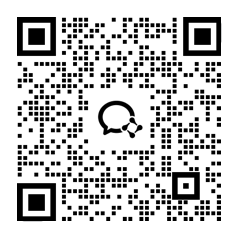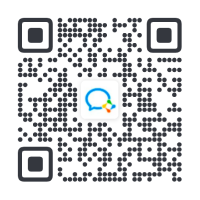在外貿溝通中,外貿郵件用語的專業性與準確性直接影響合作意向。一封措辭得當的郵件,既能展現企業實力,又能傳遞合作誠意;而用語不當的郵件,則可能讓潛在客戶流失。對于外貿從業者而言,掌握外貿郵件用語的核心技巧,是提升溝通效率、建立信任關系的關鍵。
外貿郵件用語的核心原則
外貿郵件的本質是商務溝通,因此用語需遵循三大原則:簡潔性、專業性和文化適配性。
首先,簡潔性要求郵件內容直擊重點,避免冗長描述。例如,在回復客戶詢盤時,應直接列明產品參數、價格和交貨期,而非使用模糊表述。其次,專業性體現在術語準確性和格式規范性上,如正確使用"Proforma Invoice"(形式發票)、"Lead Time"(交貨期)等術語,并保持郵件主題清晰(如"Inquiry About Product X - Company Y")。最后,文化適配性需考慮客戶所在國家的溝通習慣,例如德國客戶重視數據細節,而中東客戶更關注人際信任,需針對性調整措辭。
常見場景下的用語模板
不同溝通場景需匹配差異化用語:
- 詢盤回復:
"Thank you for your inquiry regarding our [Product Name]. Attached please find the detailed quotation including specifications, pricing, and estimated lead time. We'd be happy to provide samples for your evaluation."
- 價格談判:
"We understand your concern about the budget. To facilitate cooperation, we can offer a 5% discount for orders exceeding 1000 units, while maintaining our quality standards."
- 訂單確認:
"Please review the attached Purchase Order (PO #12345). Once confirmed, we'll arrange production immediately and provide weekly updates on progress."
這些模板既保持專業性,又通過"facilitate cooperation""weekly updates"等表達傳遞合作意愿。
避免三大典型錯誤
- 語法與拼寫錯誤:
使用Grammarly等工具檢查郵件,避免低級錯誤。例如,將"attached"誤寫為"attacthed"可能降低客戶信任度。
- 過度推銷用語:
避免使用"best quality""lowest price"等主觀表述,改為客觀數據支撐,如"98% customer retention rate"更具說服力。
- 忽略文化禁忌:
例如,穆斯林客戶忌諱在郵件中提及豬肉相關產品,而日本客戶重視層級禮儀,需使用"Gozaimasu"等敬語結尾。
提升郵件回復率的實戰技巧
- 個性化開頭:
"Hi [First Name], I noticed your company specializes in [Client's Industry], and our [Your Product] has helped similar businesses increase efficiency by 30%."
- 明確行動指令(CTA):
"Could you please confirm the quantity and delivery address by Friday? We'll reserve stock in advance to ensure timely shipment."
- 跟進策略:
若客戶未回復,可在3-5天后發送跟進郵件:"Following up on my previous email - would you like to schedule a call to discuss how we can support your needs?"
掌握外貿郵件用語的藝術,本質是構建一座跨越語言與文化的橋梁。從精準的術語選擇到貼合客戶習慣的表達方式,每一個細節都在傳遞企業的專業度與誠意。無論是開發新客戶還是維護老客戶,規范的外貿郵件用語都能顯著提升溝通效率,為長期合作奠定基礎。在全球化貿易中,讓郵件成為展現企業競爭力的第一窗口,這正是外貿從業者需要持續打磨的核心技能。







